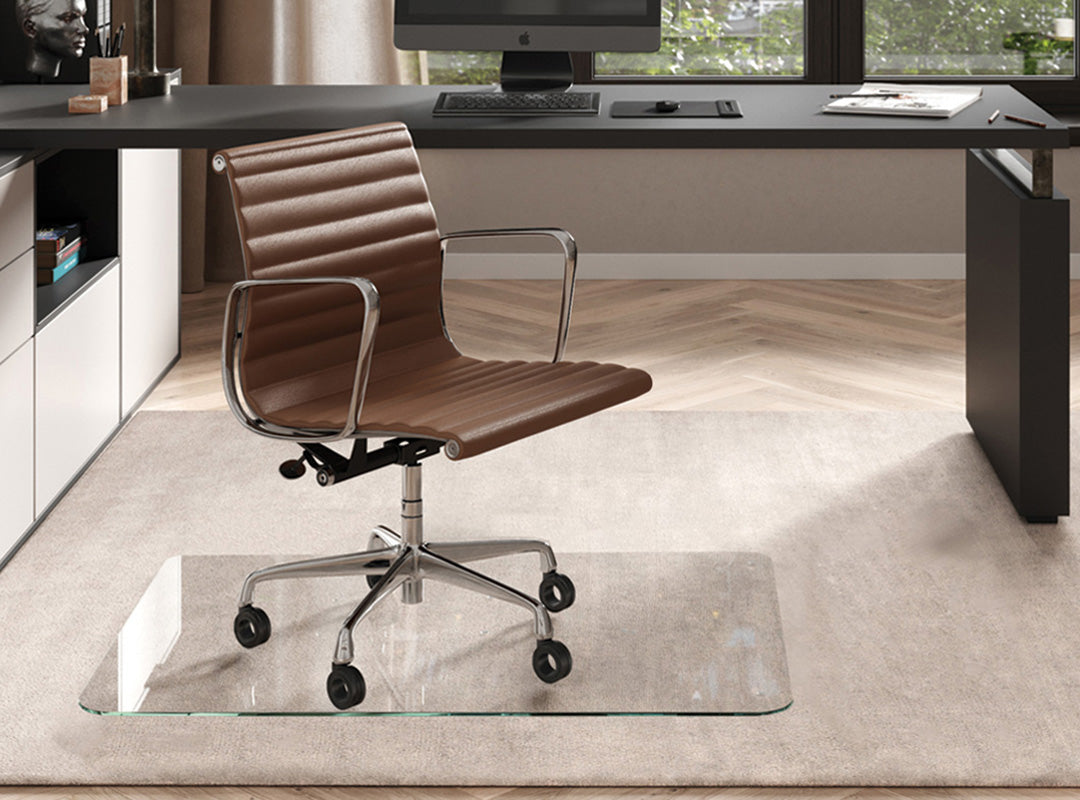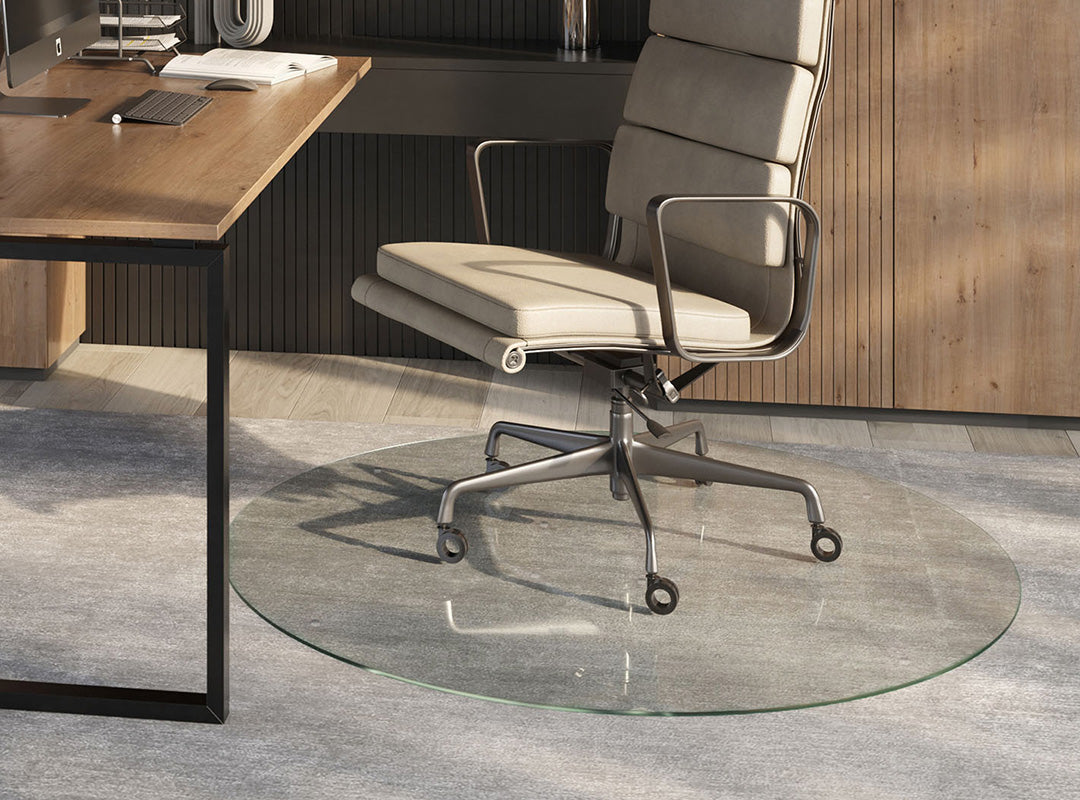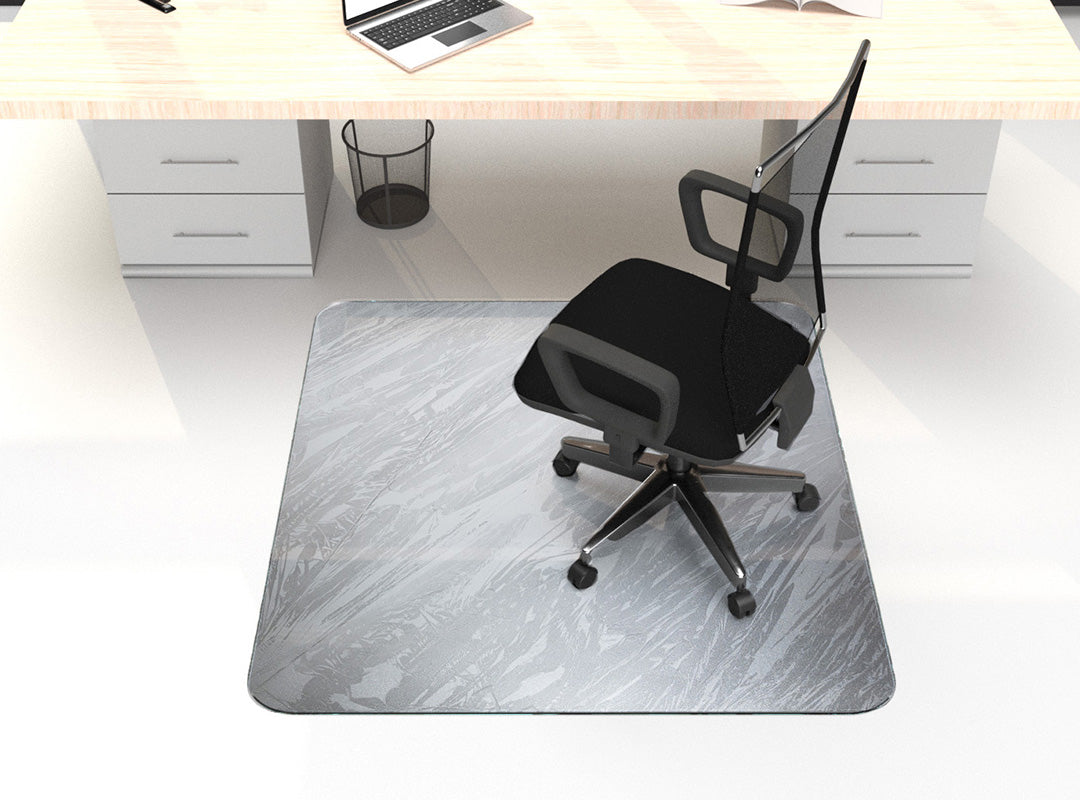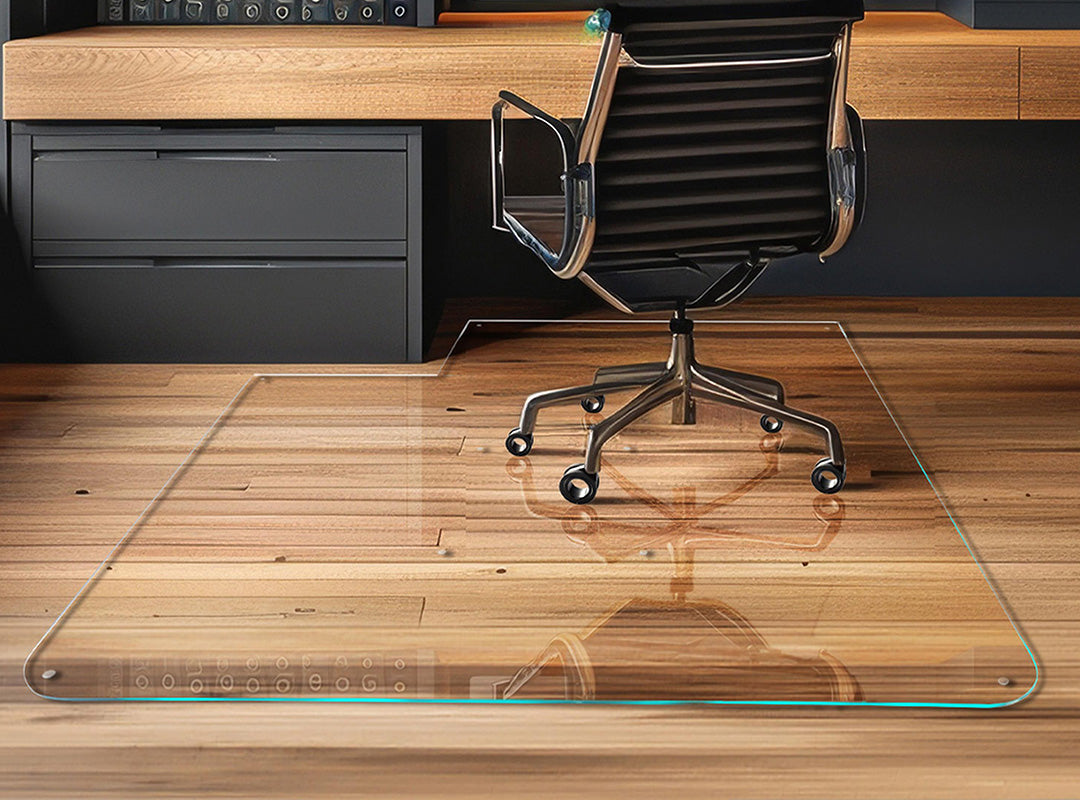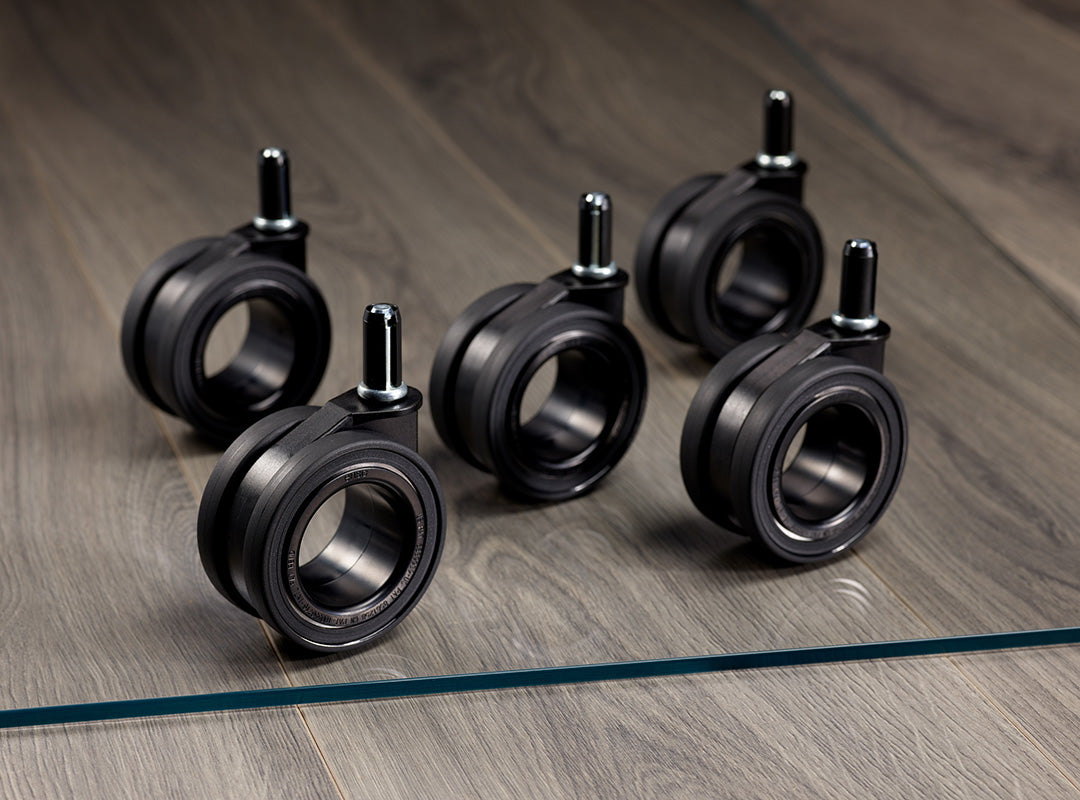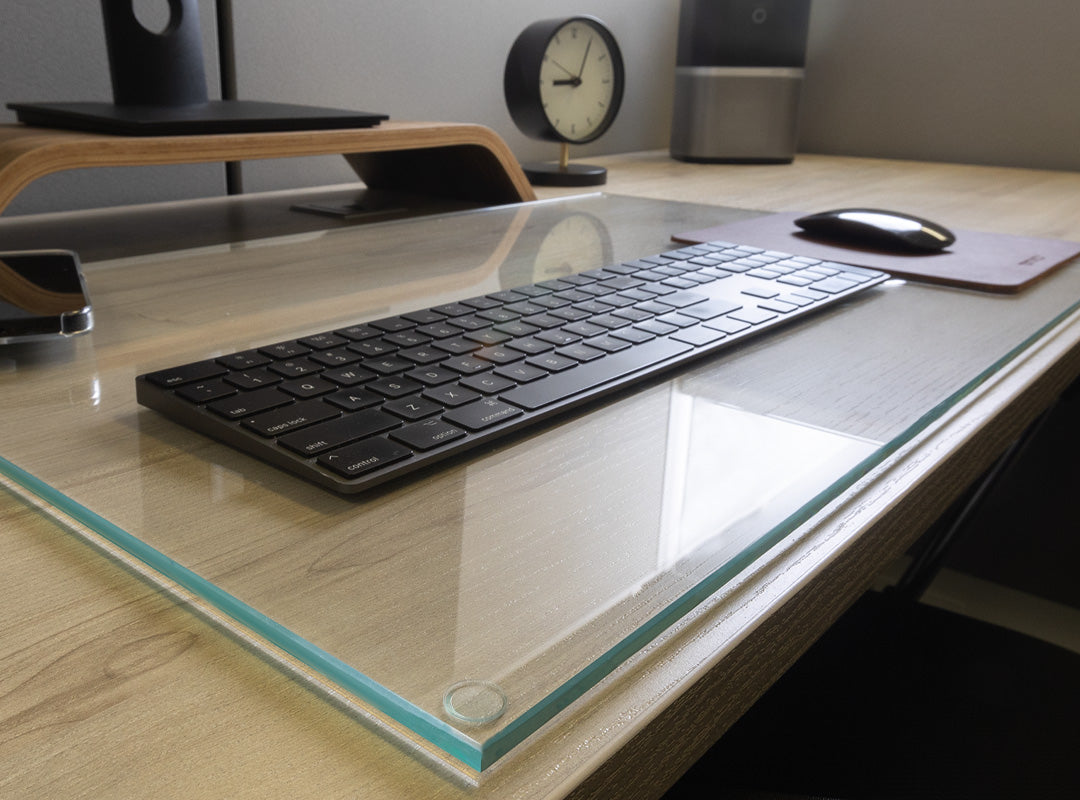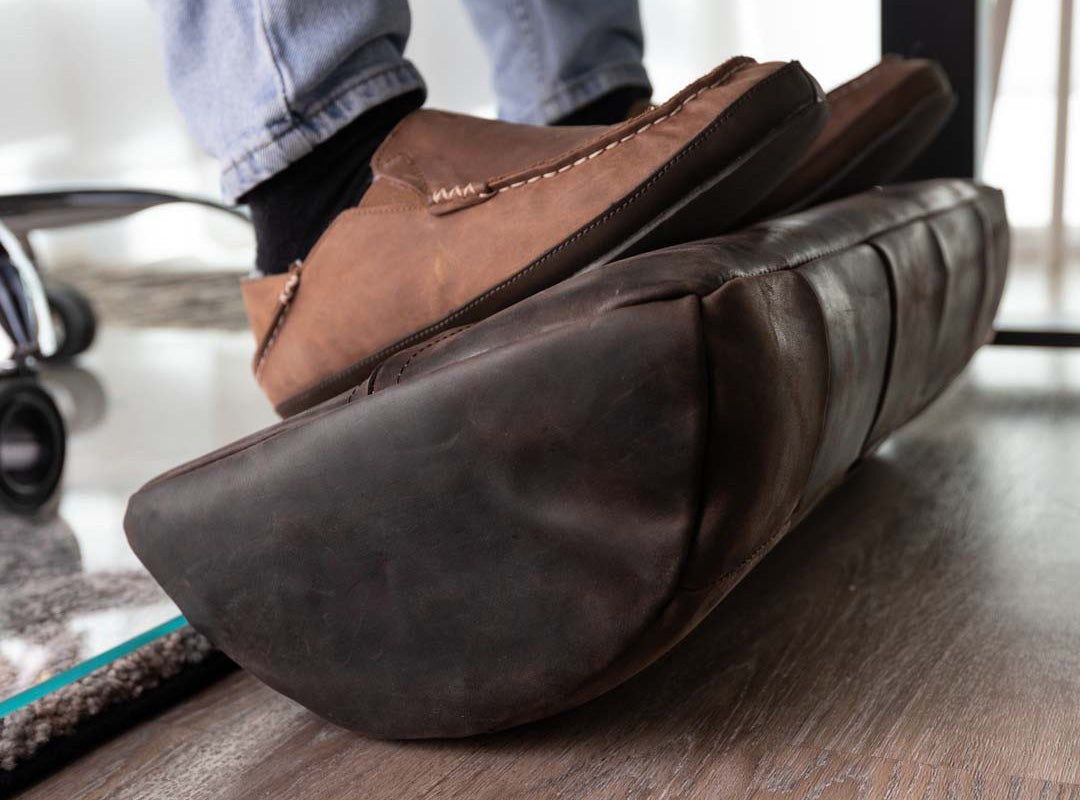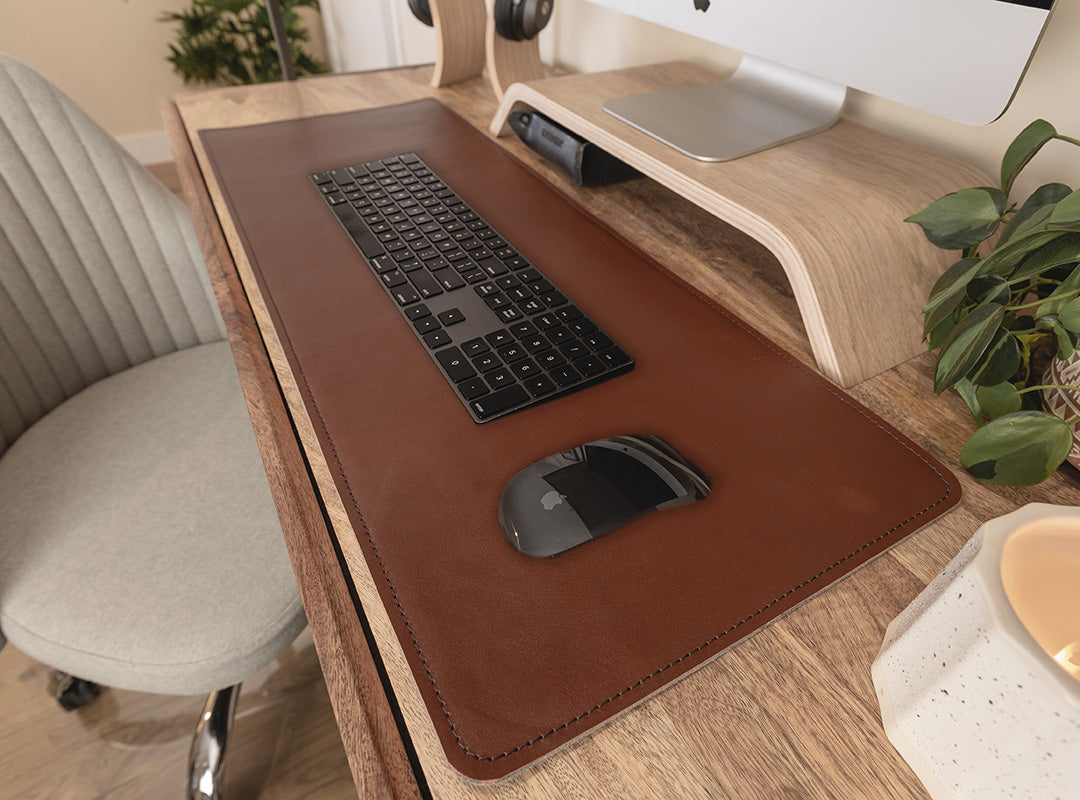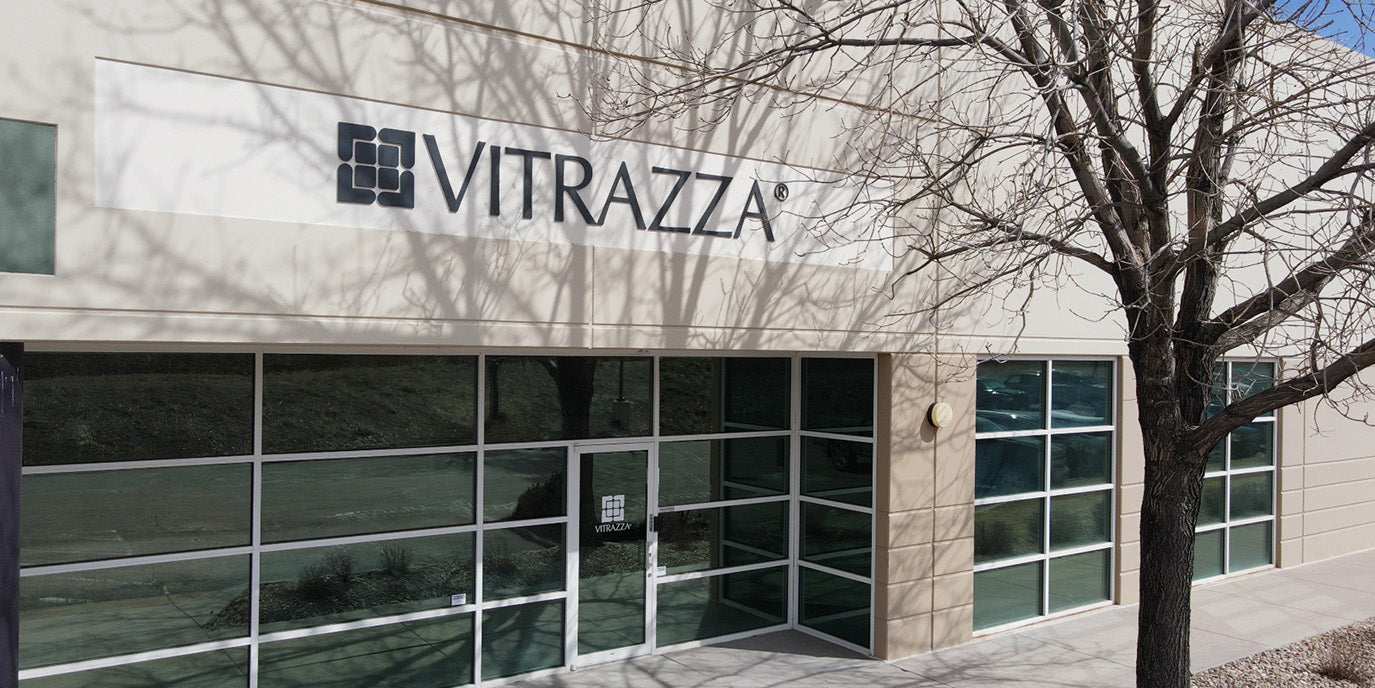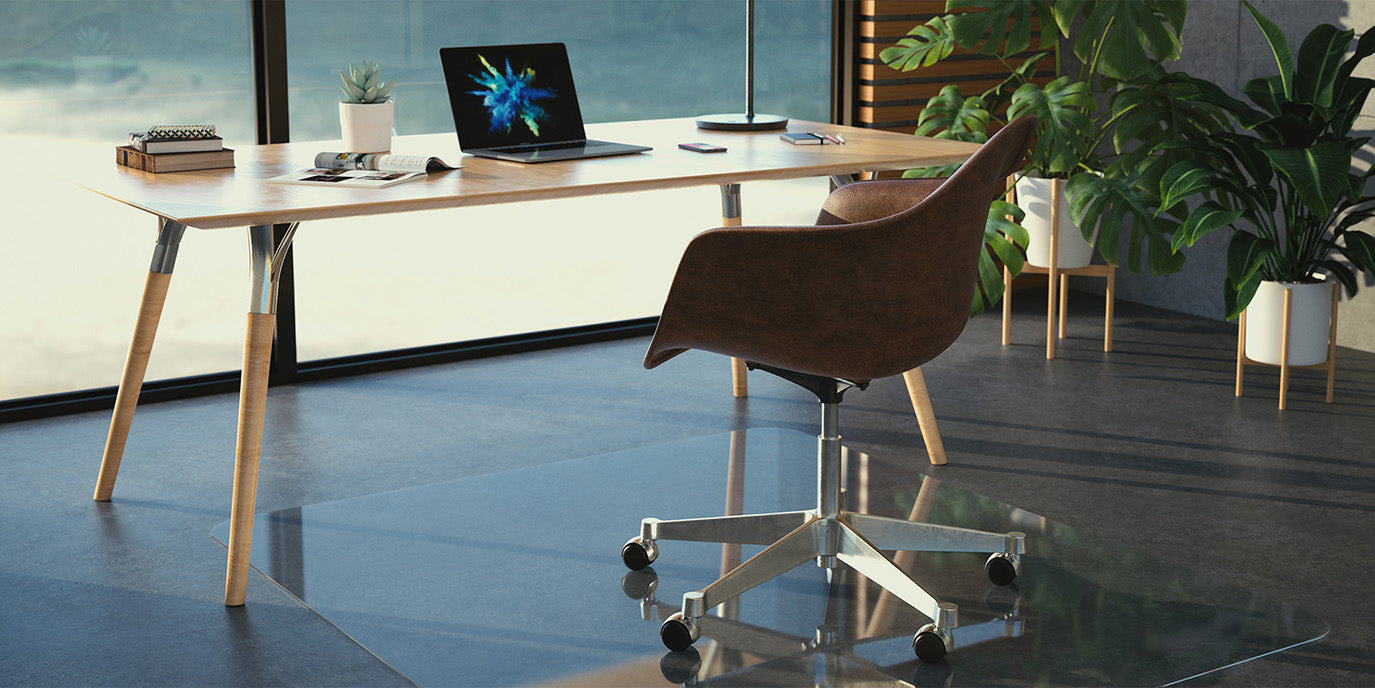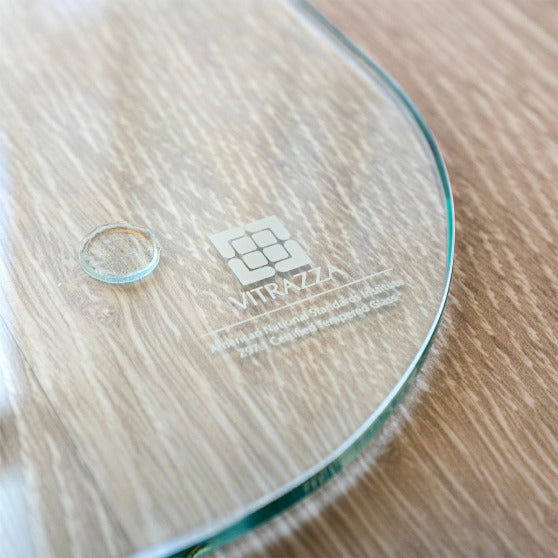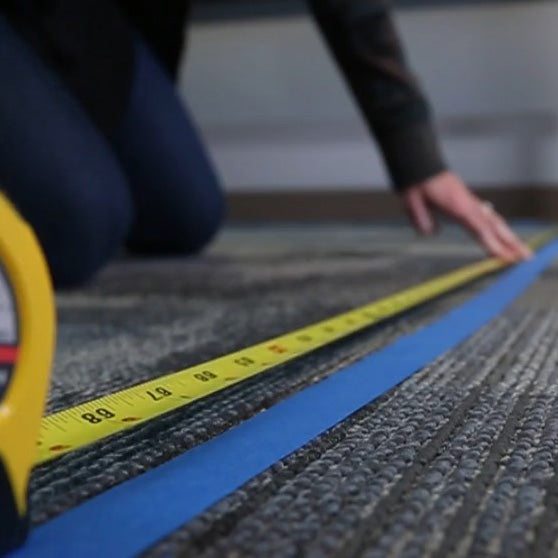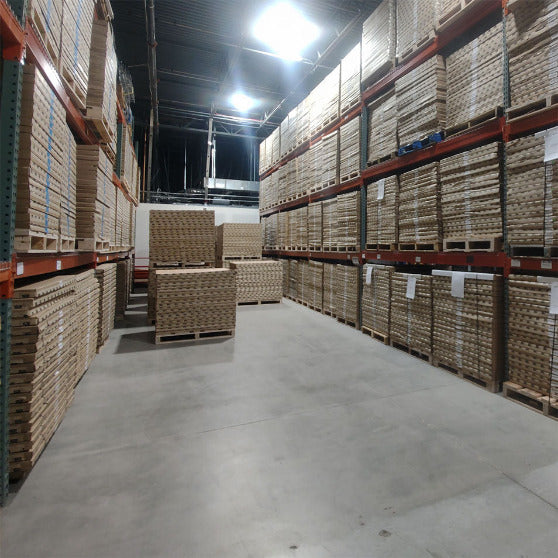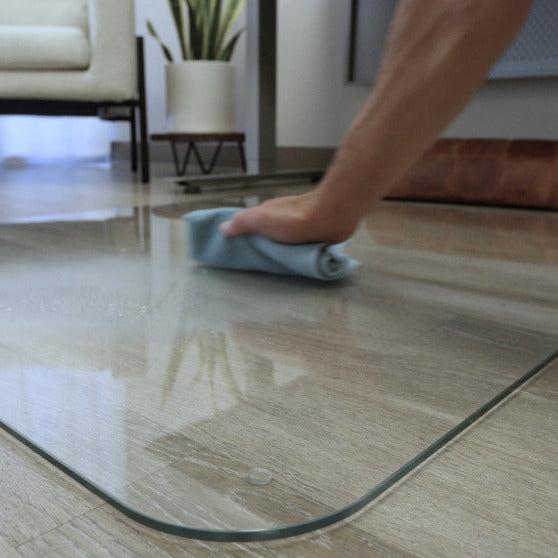The Importance of Leaving Your Desk
We’ve all heard the adage: “absence makes the heart grow fonder.” The idea that, with some space, your affection for someone can blossom and result in heartful greetings and celebrations upon a reunion. Have you ever considered that this rings equally true for you and your job? Perhaps you won’t jump into your desk chair the way you would a lover’s arms, but the underlying principle is the same! Taking time away from your work, whether by mini breaks throughout the day or by using your vacation days, is crucial for both your physical and mental well-being and your productivity.
Why?

The first question to really dig into, before we even touch on the benefits of using time off, is why employees are so reticent to leave their desks or use their hard-earned vacation days.
According to this Business News Daily article, the main reasons are 1) guilt and 2) that “they don’t feel they can leave their desk.” Assuming the latter is not due to physical limitations but instead external motivators (i.e., company culture or deadline-driven pressures), these reasons seem easy to overcome, but that negates the power of guilt and pressure within an operation (or maybe even intrinsic motivators).
But let’s not forget that daily breaks aren’t the only casualty of this guilt and pressure to achieve. Vacation days sit accrued, sad and lonely, wafting promises of joy and rum drinks to those who let them grow stale and unused. It makes sense though, doesn’t it? If people won’t even take standard breaks during a workday, why would they take full 8-hour vacation days away from their duties? Unsurprisingly, guilt remains the main driver in the argument for accruing and not using vacation days with a whopping 61.3% citing it as their motivation (source). And, while we know lack of breaks is an issue pervasive in any gender, studies show that women are about 20% more likely to leave vacation days unused compared to their male counterparts. This article explores that gender gap more in-depth.
Time Off and Your Body

Maybe some of you are thinking “I don’t feel guilty, I just don’t need time off” or you doubt that being a diligent and doubled-down worker could really affect you that much. After all, you don’t really feel bad, right?
Wrong. Hate to break it to you, but not taking breaks from your work can be catastrophic to both your mental and physical health.
When you don’t take breaks from work, whether 15-minute ergonomic breaks (remember Vitrazza published a study about that?) or full-fledged vacation days, you risk causing both physical and mental harm to yourself. Which may not seem bad, but when you dig deeper into what this means, you’ll find that the risks range from headaches and stress to heart disease and diabetes. Yikes.
Let’s dig a little deeper into to the most urgent risk here: heart disease. There is a significant risk increase for heart disease when you don’t vacation. The largest and longest-running study on heart disease, the Framingham Heart Study, reported that “men who didn't take a vacation for several years were 30 percent more likely to have heart attacks compared to men who did take time off. And women who took a vacation only once every six years or less were almost eight times more likely to develop coronary heart disease or have a heart attack compared to women who vacationed at least twice a year (source).”
The Paradox of Breaks and Increased Productivity

If we still haven’t convinced you to plan that vacation, staycation, or day of nothing, here’s one more bit of information that may sway you.
It has also been proven that those who take breaks have actually increased productivity in their day-to-day and improved their overall long-term job benefits.. Let’s explore the cerebral aspects of these benefits.
Our human brains are not wired for relentless and endless hyperfocus. In fact, taking breaks not only helps health but can increase productivity over time. You are doing your company a favor by taking a break from work. Seriously! It may sound counterintuitive, but studies have shown that taking time away from work may increase productivity, creativity, and innovation, all in a more relaxed headspace. Additional benefits for vacation and breaks also include increased employee retention, reduced absenteeism, and notably improved work culture.
Still not convinced? Check this out. This Harvard Business Review article claims “If you take 11 or more of your vacation days, you are more than 30% more likely to receive a raise.” Another article notes that “for each additional 10 hours of vacation employees took, their year-end performance ratings improved 8 percent.” Summed up, that means you’re more likely to be a better employee when you allow yourself time to rest.
The bottom line is this: take the 15-minute walk or, even better, take the PTO day. Your body and your boss will thank you. Don’t be one of the 55% of workers who don’t use all of their PTO and don’t add to one of the 768 million days of unused PTO (source).
Need ideas on how to start increasing your own personal culture of rest? Check out our sister articles on How to Relieve Stress at Your Desk and 8 Stretches to Stay Productive and Pain-Free, then work your way up to clicking “submit” on that PTO request.
We at Vitrazza are all about supporting people and productivity with our ergonomic Glass Chair Mats and Office accessories, but we also know that sometimes supporting employees means getting them off of the chair mat and out of the office.
Bon Voyage, all!


